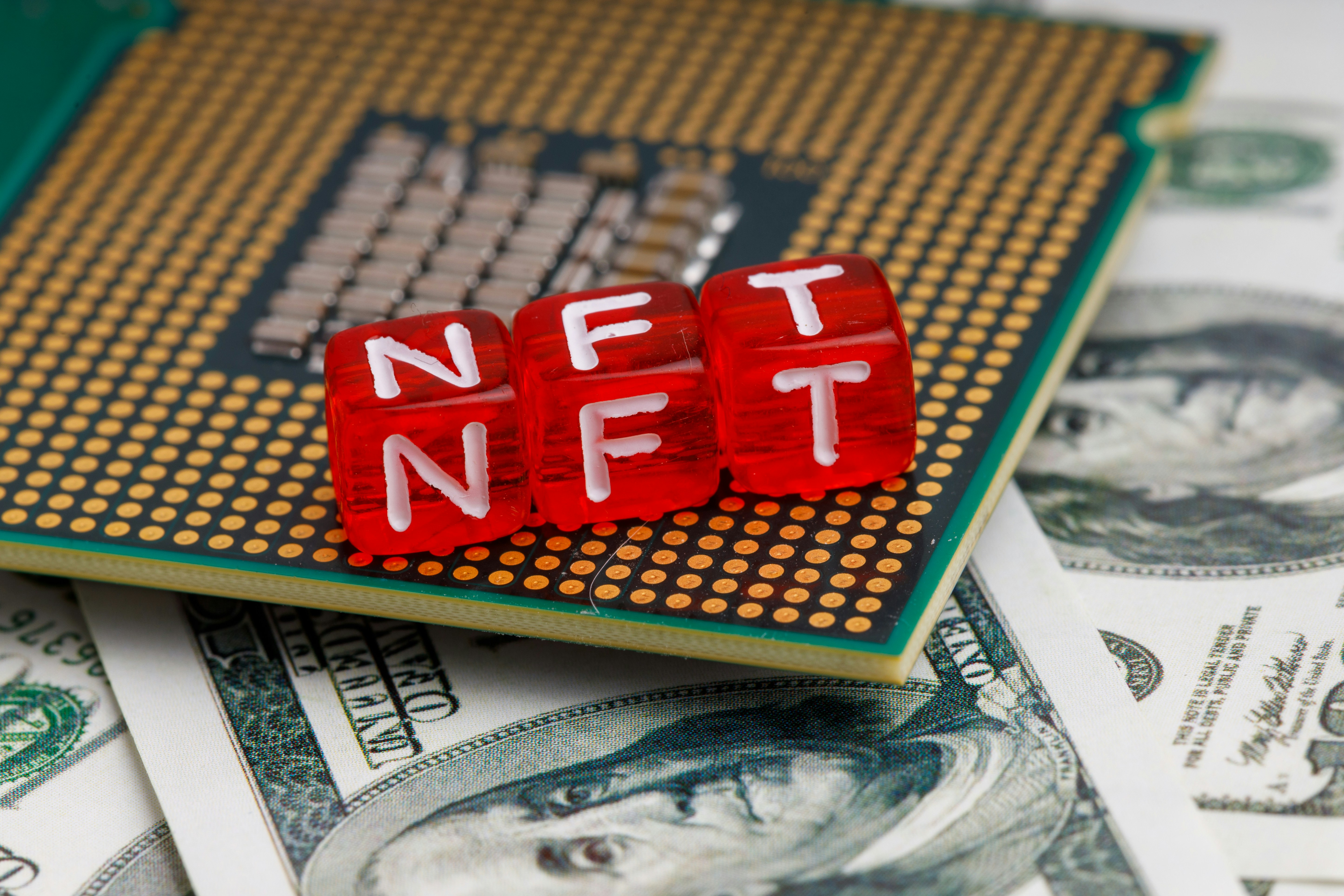Beyond the Battle Pass: The Rise of Metaverse Economies
Introduction: In the ever-evolving landscape of gaming, a new frontier emerges—one that transcends traditional gameplay and monetisation models. As virtual worlds expand and blur the lines between reality and digital realms, metaverse economies are reshaping how players interact, invest, and create value within games. This paradigm shift promises to revolutionise not just gaming, but the very nature of digital ownership and virtual commerce.

Blockchain and NFTs: The Building Blocks
At the heart of metaverse economies lies blockchain technology and non-fungible tokens (NFTs). These innovations provide the framework for true digital ownership, allowing players to buy, sell, and trade virtual assets with unprecedented security and authenticity. Games like Axie Infinity and Decentraland have pioneered this approach, creating vibrant economies where players can earn cryptocurrency through gameplay and asset creation. This play-to-earn model has sparked a new wave of interest, particularly in developing countries where it offers a viable source of income.
Virtual Real Estate: The New Digital Gold Rush
One of the most fascinating aspects of metaverse economies is the emergence of virtual real estate markets. Platforms like The Sandbox and Somnium Space allow users to purchase and develop digital land, creating a new form of property investment. These virtual plots have seen staggering valuations, with some selling for millions of dollars. The potential for advertising, events, and social gatherings in these spaces has attracted major brands and celebrities, further legitimising the value of virtual property.
Player-Driven Content Creation
Metaverse economies are democratising game development by empowering players to become creators. User-generated content (UGC) platforms within these virtual worlds allow individuals to design and monetise their own games, experiences, and assets. This shift not only provides new revenue streams for talented creators but also ensures a constant influx of fresh content, keeping these digital universes vibrant and ever-changing. The success of platforms like Roblox has demonstrated the immense potential of this model, with some top creators earning millions annually.
Economic Implications and Challenges
As metaverse economies grow, they raise important questions about regulation, taxation, and economic stability. The integration of real-world currencies and cryptocurrencies within these systems creates complex financial ecosystems that challenge traditional economic models. Issues of inflation, market manipulation, and wealth inequality are already emerging, mirroring real-world economic challenges. Governments and financial institutions are grappling with how to approach these new digital economies, balancing the need for oversight with the innovative potential they represent.
The Future of Work and Play
The rise of metaverse economies is blurring the lines between work and play, creating new opportunities for employment and entrepreneurship. Virtual jobs, from digital architects to metaverse event planners, are becoming increasingly viable career paths. As these economies mature, we may see a shift in how society values digital skills and virtual assets, potentially reshaping education and workforce development. The concept of a metaverse-based universal basic income, funded through virtual economic activity, is even being explored as a potential solution to real-world economic challenges.
Ethical Considerations and Digital Well-being
As players spend more time and resources in metaverse economies, concerns about digital well-being and addiction are coming to the forefront. The immersive nature of these virtual worlds, combined with real financial stakes, can lead to unhealthy behaviours and exploitation. Game developers and policymakers are tasked with creating safeguards to protect vulnerable users while maintaining the open and decentralised nature of these platforms. Balancing economic opportunity with ethical considerations will be crucial for the long-term sustainability of metaverse economies.
A New Digital Frontier
Metaverse economies represent a paradigm shift in how we perceive value, ownership, and interaction in digital spaces. As these virtual worlds continue to evolve and intersect with our physical reality, they offer unprecedented opportunities for creativity, commerce, and community. However, they also present unique challenges that will require innovative solutions and collaborative efforts across industries and disciplines. The future of gaming is no longer just about play—it’s about building entire digital civilisations with real-world impact. As we stand on the brink of this new frontier, the potential for transformation is limitless, promising to reshape not just how we game, but how we live, work, and connect in the digital age.




